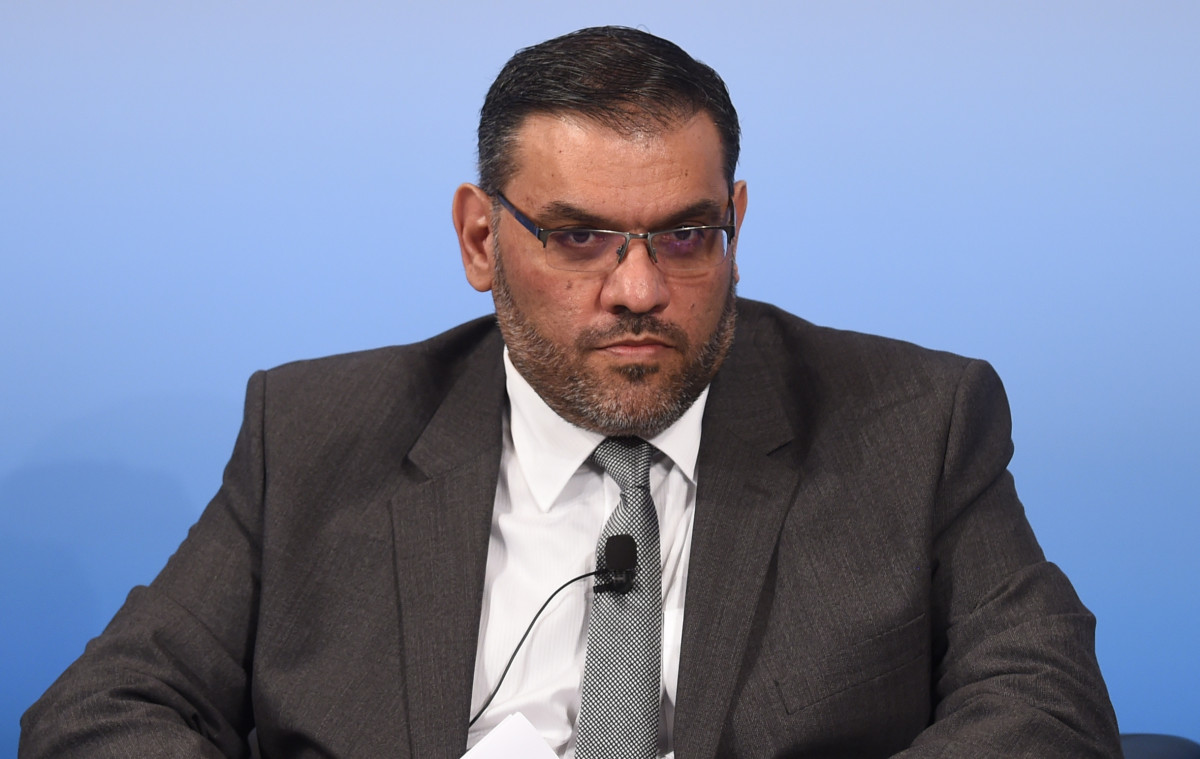On February 9th, the (opposition) Syrian Negotiation Committee rejected the Steps-for-Steps approach put forward by the UN special envoy to Syria, Geir Pedersen. This came in a statement explaining why it had refused this approach.
Anas al-Abdah, head of the Syrian Negotiation Committee, told Enab Baladi that the most important reason for rejecting the approach was because it was “a process of deviation from the objectives of the political process, specifically the issue of political transition.”
An important part of the reasons for rejecting the Steps-for-Steps strategy is the lack of clarity on Pedersen’s proposal, he said. Abdah added that the UN envoy wanted the Syrian opposition to grant him a carte blanche, without getting any guarantee on where it will lead, and how it will end.
Abdah added that the announcement of the opposition’s position on the approach required to study for at least four months, including the collection of information and consultation with Pedersen, various actors in the Syrian issue, and all the different components of the opposition.
Read Also: Syrian Opposition Rejects Pedersen’s Step-for-Step Approach
According to Abdah, Pedersen did not put forward any alternative mechanisms or options that would allow the opposition to choose between them, instead, he was only adhering to the Steps-for-Steps approach, he said.
Does the opposition have another proposition?
The Syrian opposition does not have a clear-cut proposal that would push forward the political negotiation process on Syria.
Abdah said the opposition’s options for Pedersen were to open the rest of the “four baskets” (four issues), to consult on the implementation of UN Resolution 2254, or to consult on the challenges facing the implementation of the resolution, which represents the basic and general framework for the political process.
Abdah believes that the opposition’s perceptions about the future of the negotiating process are a return to the implementation of Resolution 2254. He explained that the second clause of it unambiguously states that the Secretary-General of the United Nations and the Special Envoy to Syria must conduct “urgent” negotiations between the regime and the opposition in order to reach the political transition.
This article was translated and edited by The Syrian Observer. The Syrian Observer has not verified the content of this story. Responsibility for the information and views set out in this article lies entirely with the author.


